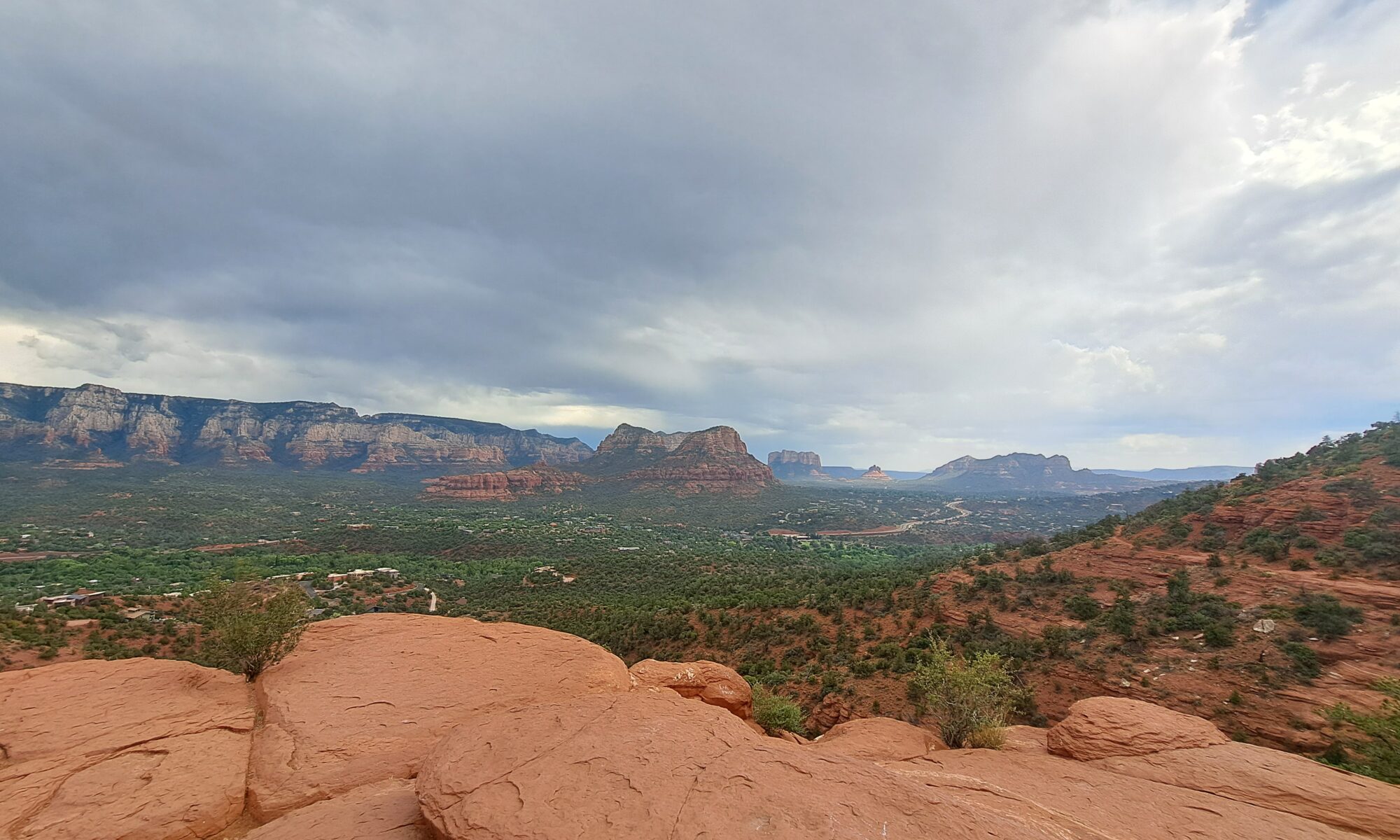“As soon as you trust yourself, you will know how to live.” — Johann Wolfgang von Goethe
I came across this quote yesterday while reviewing my course material on trust and doubt as part of my professional coach training. Trust has been a major theme in my life over the past two years, especially the process of learning to trust both life and myself. Reflecting on it now, I realize how much trust—or the lack of it—has shaped my journey.
Learning to trust myself and life has been deeply transformative. Trust opens up possibilities, unleashes inner strength, and brings comfort in the unknown—things I never thought were possible. Growing up, and for much of my adult life, I was a deeply fearful and anxious person. I dreaded the unknown, clung to the illusion of security, and avoided risks. I played small, hoping to navigate life without encountering the frequent catastrophes I imagined. But those catastrophes came anyway, each one leaving me feeling even more disconnected from trust.
When I finally began the journey of (re)building trust, I realized it wasn’t something I could simply will into existence. It required time, effort, and practice. I explored the concept of basic trust, experimented with strategies to cultivate it, and began taking small (and even bigger), intentional risks. Gradually, I started to feel calmer, less anxious, and more open to life. To my surprise, during a period of immense uncertainty—when my life felt like one big unknown—I was the calmest I had ever been. I even began to see the unknown not as a threat, but as a space full of potential.
Of course, I’m still navigating this journey and still experience moments of doubt and fear. But these days, I know how to find my way back to trust—sometimes more easily than others. I feel more alive, joyful, and at peace than ever before. Goethe was right: trusting ourselves and life enables us to live authentically, wholeheartedly, and with greater ease—even in the face of uncertainty.
As a central figure of the Romantic movement, Goethe emphasized intuition, emotion, and the deep connection between the self and the world. He believed that self-trust allows us to navigate life’s uncertainties with grace. Instead of clinging to control or trying to predict every outcome, trust invites us to embrace life as an unfolding process, full of potential.
Goethe saw self-trust as a pathway to personal growth. Trusting ourselves doesn’t mean having all the answers—it’s about believing in our ability to learn, adapt, and thrive through life’s experiences. In moments of doubt or transition, trust becomes a compass, guiding us toward authenticity and alignment with our true selves.
Practical Ways to Build Trust in Yourself and Life
Understanding trust philosophically is one thing, but putting it into practice is another. And trust isn’t something we can simply decide to have—it’s something we develop through small but meaningful actions. Now, let me ask you: How would it feel for you to trust—in yourself, in life, or even in the universe? Are you willing to establish that trust? What is holding you back?
Here are a few strategies I’ve found helpful:
Keep promises to yourself: Build confidence by following through on small commitments, like drinking a glass of water each morning or taking a daily walk. These small wins create the foundation for bigger leaps.
Take risks: Trust grows when we step outside our comfort zones. This might mean speaking up, trying a new hobby, or allowing yourself to be seen. These aren’t life-threatening risks—they’re opportunities to stretch and grow. For example, I began posting online, taking the risk of being both visible and vulnerable.
Reflect on life’s finiteness: Ask yourself, “Can I afford not to live fully?” Life is too short to let fear and doubt hold you back from joy, authenticity, and growth.
Trust is a journey, not a destination. But the more we lean into trust—both in life and in ourselves—the more alive, aligned, and fulfilled we can feel.

